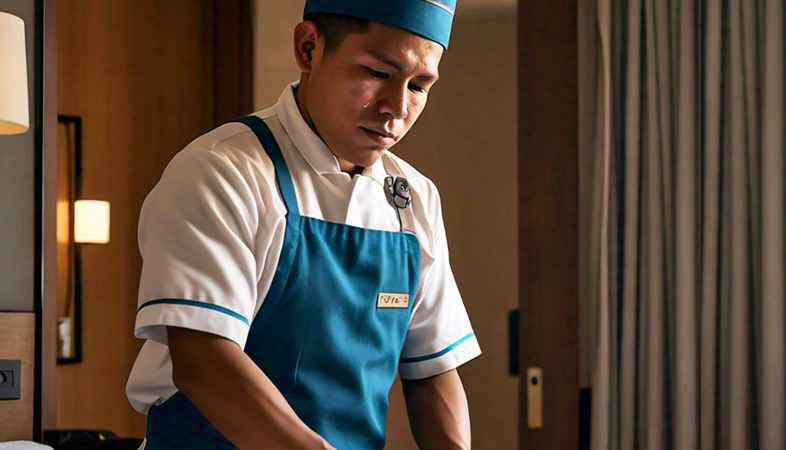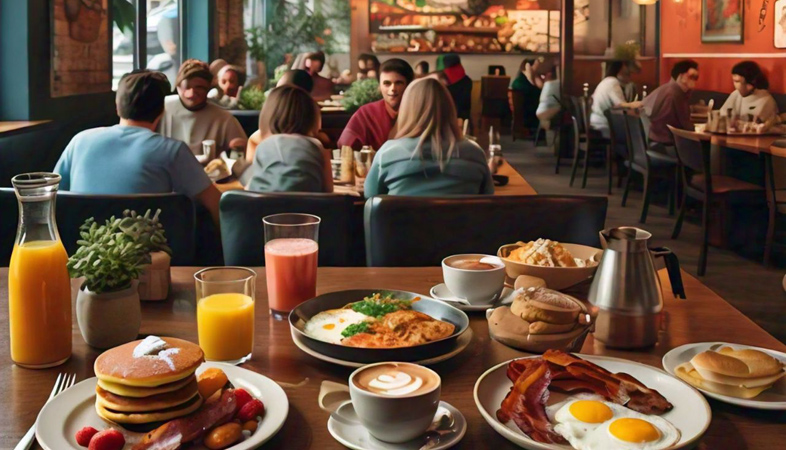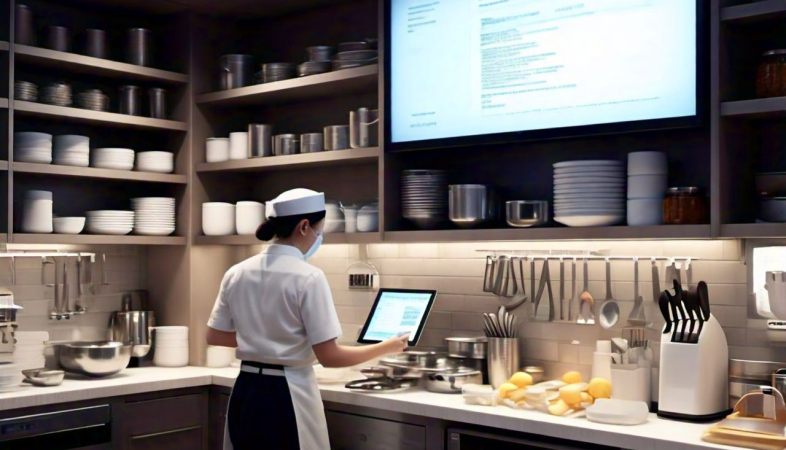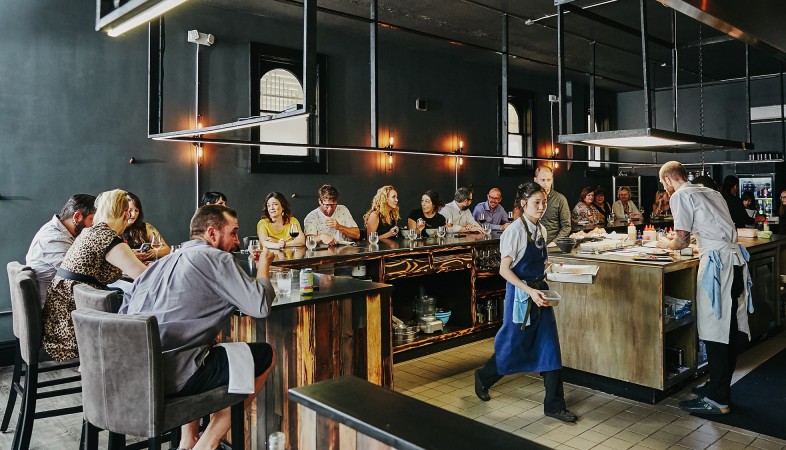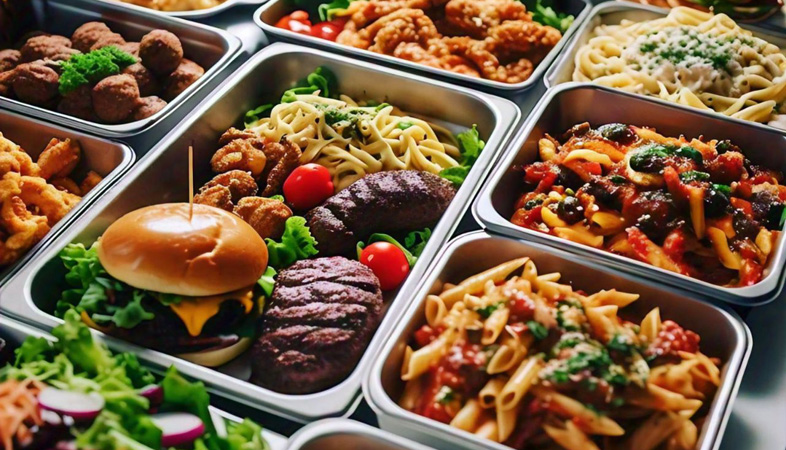SHARE
Commercials
More Posts
Apr 18, 2025
Cheese Paniyaram - By Chef R. Vijayan
Jun 29, 2025
Food and Beverage Pairing: Perfecting the Match
May 20, 2025
Bhutte Ka Halwa - By Chef Reetu Uday Kugaji
Apr 18, 2025
Cheese Paniyaram - By Chef R. Vijayan
Jun 29, 2025
Food and Beverage Pairing: Perfecting the Match
May 20, 2025
Bhutte Ka Halwa - By Chef Reetu Uday Kugaji
Apr 18, 2025
.png)





